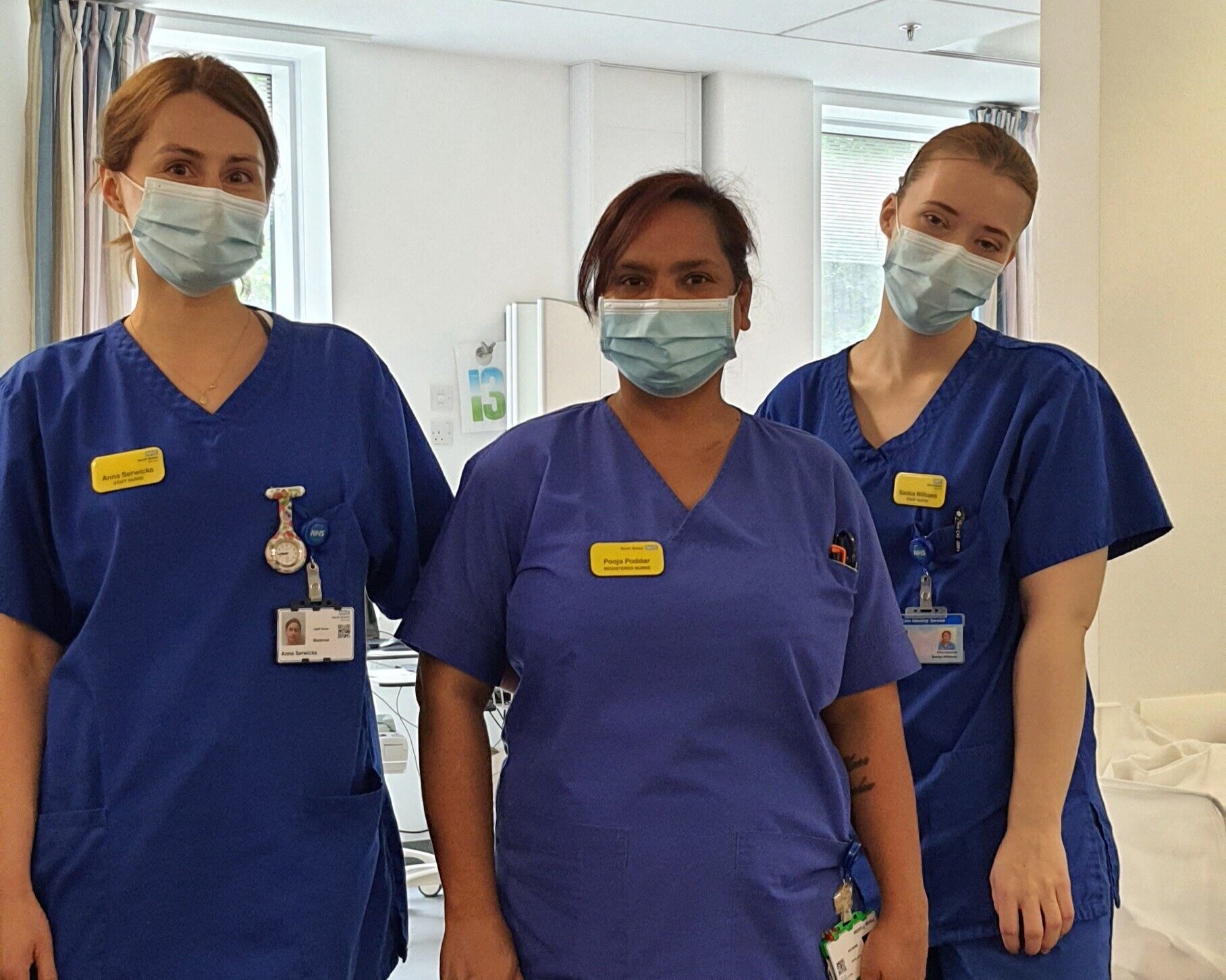By Abigail Isherwood
Most of us have experienced walking into a highstreet clothes shop, through the big glass doors into the air conditioned room full of rows and rows of textures and colours. This is usually accompanied by a sense of newness, but when we pick out a pair of jeans, it hasn’t just appeared on the shelf out of thin air. It has come from somewhere, it’s made of something, by someone. The fashion industry, the way that pair of jeans gets to the shelves in the first place, has an incredibly large impact on the world. Did you know that:
Textile production contributes more to climate change than international aviation and shipping combined and the fashion industry is responsible for 8% of carbon emissions.
Three out of five fast fashion items end up in a landfill.
Washing, solvents, and dyes used in manufacturing are responsible for one-fifth of industrial water pollution and fashion accounts for 20 to 35 percent of microplastic flows into the ocean
The textile sector still represents 10 to 20 percent of pesticide use. and the fashion industry is projected to use 35% more land for fibre and textile produce by 2030, further threatening biodiversity.
Forced, bonded, and child labour are all forms of modern slavery that are prevalent within the fashion industry.
93% of brands surveyed by the Fashion Checker aren’t paying garment workers a living wage.
We know that fast fashion is unsustainable and we desperately need change in the industry as a whole. We need everyone to act, from policymakers, industry leaders, and retailers, to us, the consumers. Although we may feel powerless, individual action can make a difference.
So what can we do? Jennifer Darmo from Good On You says that “by thinking of the garments we wear as short term tools rather than long term investments, we contribute to wasteful consumption patterns that inevitably lead us towards drastic climate change”. One of the first things I do to get out of this ‘short-term’ mindset is to remember that whatever I am buying isn’t really new. It was grown, picked, sewn, dyed, transported and packaged long before it arrived at my door. It has gone through a process and contributed to a system that results in the heavy impact demonstrated above.
Just as one item of clothing contributes to a huge impact, you, as a human being with a voice, have a huge impact too! Especially when combining your voice and action with the action of others. Because we are not living in isolation from each other, despite the year we have just had. We have an incredible power and impact on the people and the world around us. And when we put our mind to something together, when we decide that it’s time for us to change, it truly can change.
So when we’ve just heard that the IPCC report is calling the climate crisis a code red for humanity, and we’re probably feeling overwhelmed, helpless and a thousand other emotions that come when facing this crisis, let’s remember that we don’t have to do this alone. We can surround ourselves with people and voices who inspire us to keep going. The people who help us change our shopping habits for the better, who remind us how to stop supporting fast fashion, and keep us feeling creative and excited about the new sustainable lifestyle that we are building together.
Now more than ever is the time to lean on each other and find those little sparks of hope that drive us to take the next step forward.





